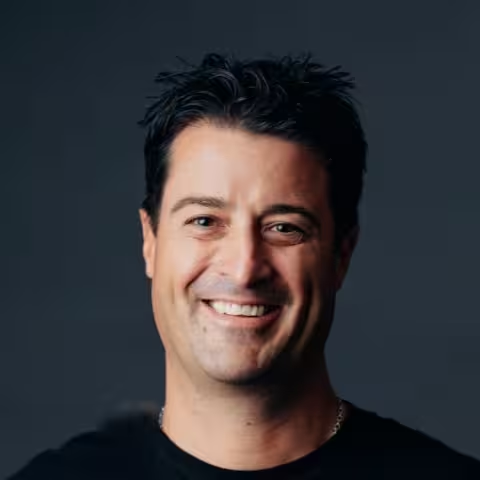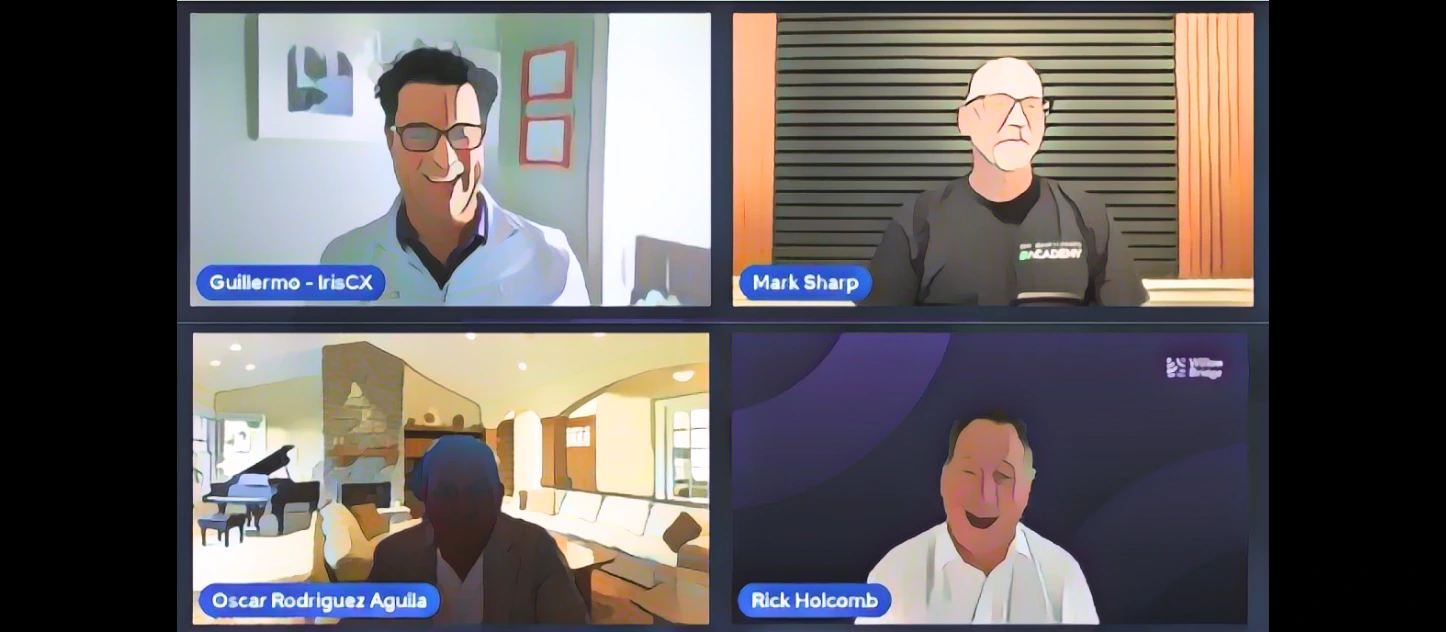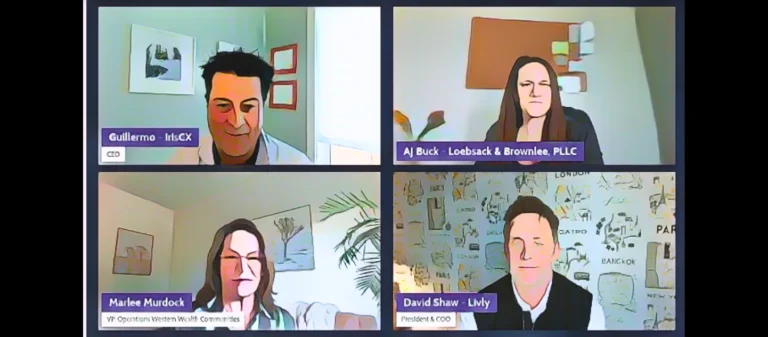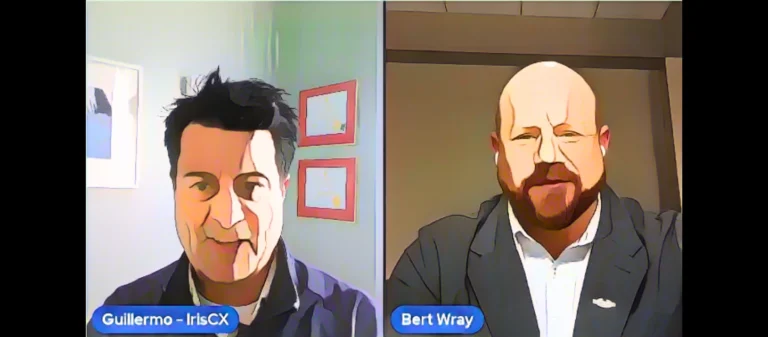I lived in the “Operational Excellence” world for over 20+ over years. When I sat down with Mark Sharp, Rick Holcomb and Oscar Rodríguez Aguila, I was looking to understand ownership. Who really holds the line on execution, on training, on standards that actually show up on-site?
The discussion was raw, funny, a little uncomfortable at times and that’s exactly why it mattered. It reminded me that we’re all staring at the same mountain from different sides, trying to climb it before the next storm hits.
“Operational excellence means you have a happy marriage between management and maintenance.” — Mark Sharp
When Mark said that, we all smiled. It sounded simple, but it’s exactly what so many organizations miss. I’ve seen this disconnect up close: the site teams trying to do more with less, and the regional leaders trying to interpret numbers that don’t reflect the human grind behind them.
Mark’s point is not about perfection, it’s about partnership. He talked about daily communication, meetings where everyone actually knows what’s happening, and managers who understand that operations excellence starts with respect. I realized then that for all the systems and KPIs we obsess over, it still comes down to people showing up for each other.
“Ten percent turnover would be way too low, something’s wrong if you’re stagnated.” — Rick Holcomb
People assume lower turnover is the dream, but he framed it differently: some turnover is a sign of movement, of promotion, of growth. What really matters, he said, is who is leaving and why.
That shifts the definition of success. If we’re only looking to reduce turnover, we might be missing the bigger story about progression. The healthier goal is mobility, people leaving because they’re moving up, not burning out. It’s a nuanced take, but it’s the kind of thinking you only get from someone who’s watched teams grow, break, and rebuild at scale.
“The industry has to understand that we need to change and it starts with education.” — Oscar Rodríguez Aguila
I’ve had a chance to meet Oscar in person, his story is inspiring. He started in maintenance, worked his way through nearly every position in property management, and built his own company. So when he talks about education, it’s not talk— it’s his life.
He reminded us that the smallest operational misses can have the biggest legal and financial impacts. Preventive maintenance isn’t just about saving costs; it’s about protecting the business. “It all goes back to the bottom line,” he said. And as I listened, I realized that education — the kind that makes us better decision-makers is the only way to close the gap between what we say we value and how we actually operate.
“You can have all the things but if people don’t want to do it, they’re not going to.” — Rick Holcomb
You can roll out the training, fund the programs, build the platform but without cultural buy-in, it’s just noise. Rick talked about “partnership” between ops, maintenance, and training and how real success only happens when all three support each other.
How many times I’ve seen leaders champion programs that never land. Not because they were bad ideas, but because they weren’t owned. Ownership isn’t about the title on your business card; it’s about caring enough to make something real.
“A lot of the challenges we’re facing, maintenance has to shoulder part of it because we’re not willing to leave our properties to go get the training.” — Mark Sharp
Mark’s talking about the commitment. He was calling out a shared truth: sometimes we say we want development, but when the opportunity comes, we’re too buried to take it. We’re unwilling to give up the “urgent and important” for the “not urgent and important”.
I thought about all the maintenance pros I’ve met, the talented, loyal, exhausted. They’re juggling calls, fixes, emergencies, and residents. The system rewards urgency, not learning. And that’s where leadership has to change the story. From “we need you to take this training” to “this training helps you work smarter, not harder.”
“Maintenance operations need to be valued more because they’re the backbone.” — Oscar Rodríguez Aguila
Oscar said this with the kind of conviction that comes from decades in the trenches. He talked about how during the pandemic, we called maintenance “essential,” but five years later, we’ve slipped back into old habits, feels like it’s a second-class passenger. That stung a little, because he’s right.
If leadership really believes that maintenance is the backbone, then our budgets, recognition, and cultural focus should reflect it. Oscar’s point reminds us that operational excellence isn’t a spreadsheet metric, it’s a daily act of valuing the people who make our promises real.
When the conversation wrapped, I remember thinking how deceptively simple this all sounds and how unbelievably hard it is to practice. Training budgets, leadership culture, turnover, education. They’re all just different faces of the same truth: Excellence lives where ownership does.
If we want to compete on brand, on service, on culture then we have to compete on how well we own our operations. Not in theory but in the way we train, the way we lead, and the way we show up for the people doing the work.
That’s what I took away from Mark, Rick, and Oscar. It’s not a checklist, but a challenge: Make Operational Excellence Personal. Because when everyone owns it, that’s when the system finally starts to work.




